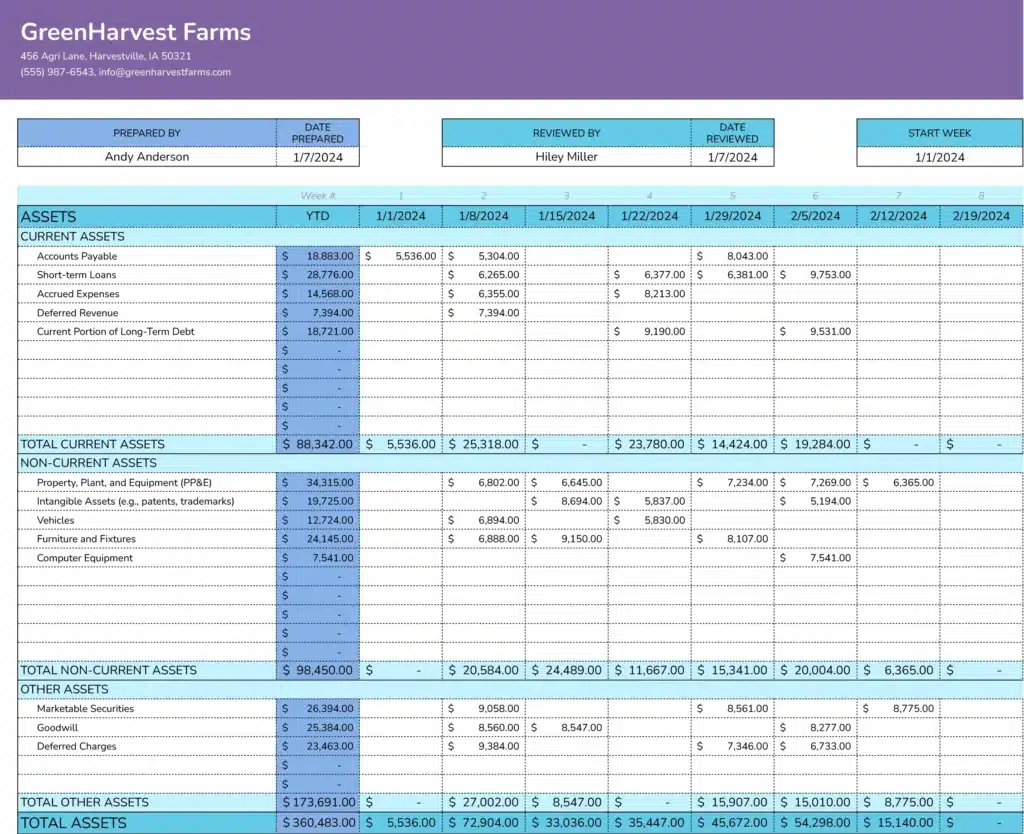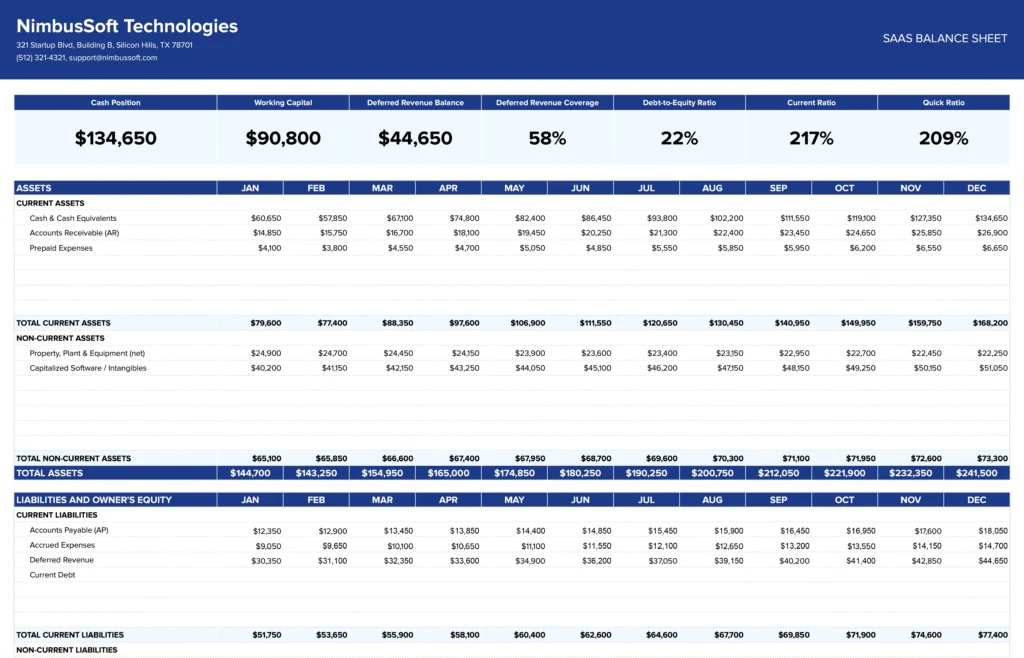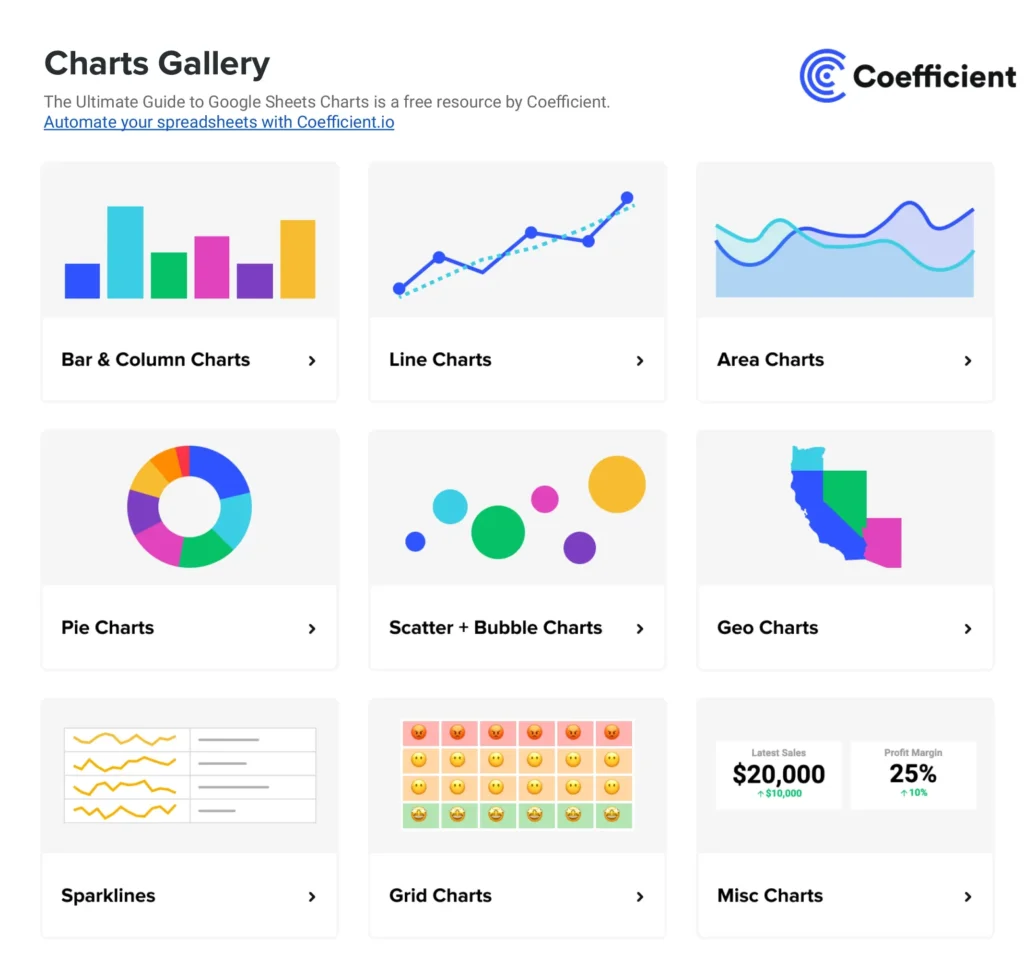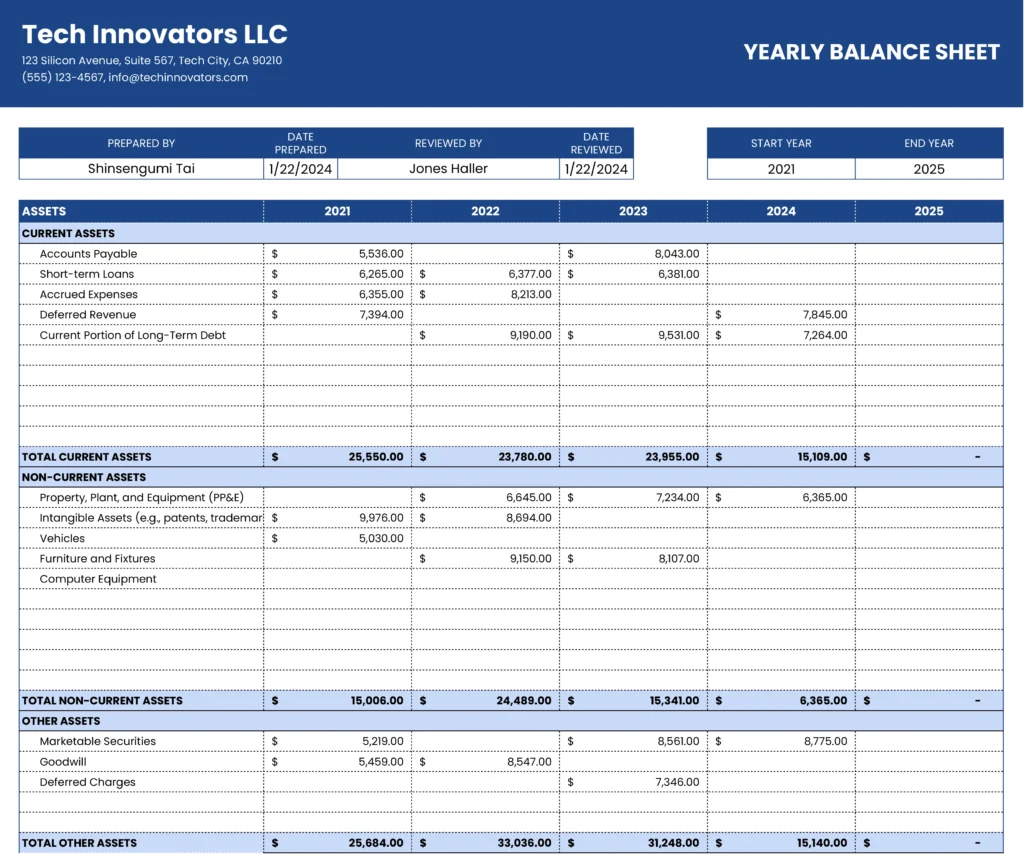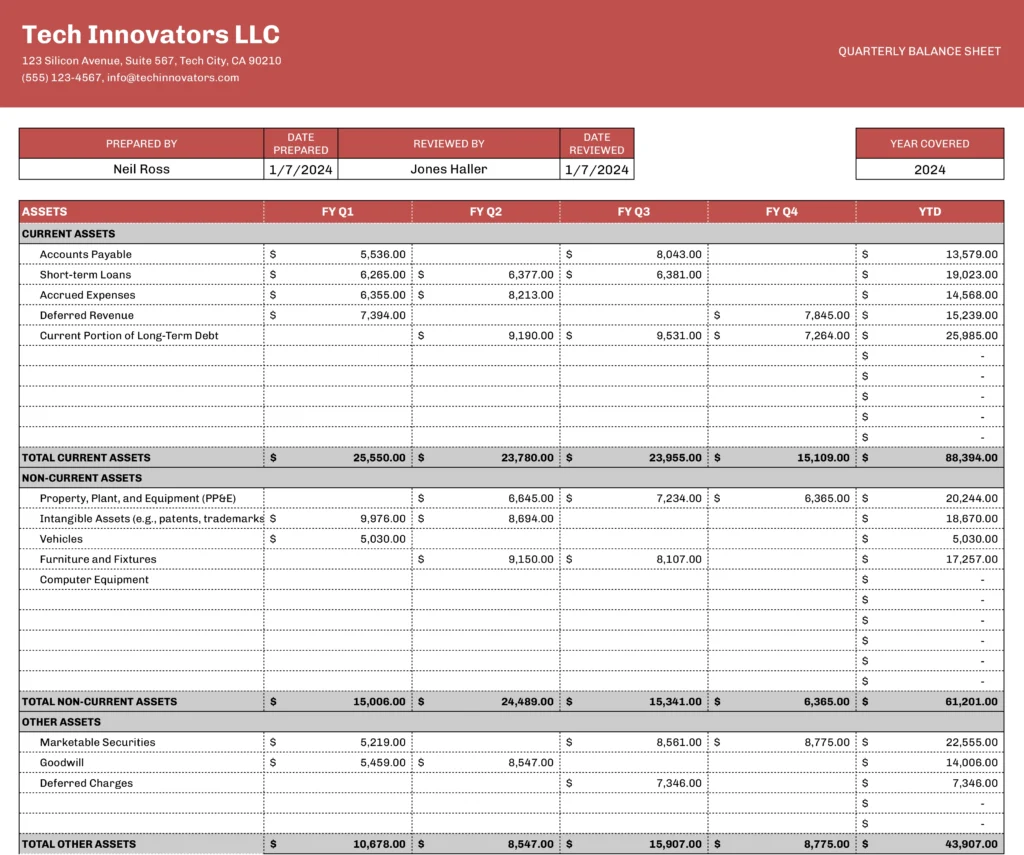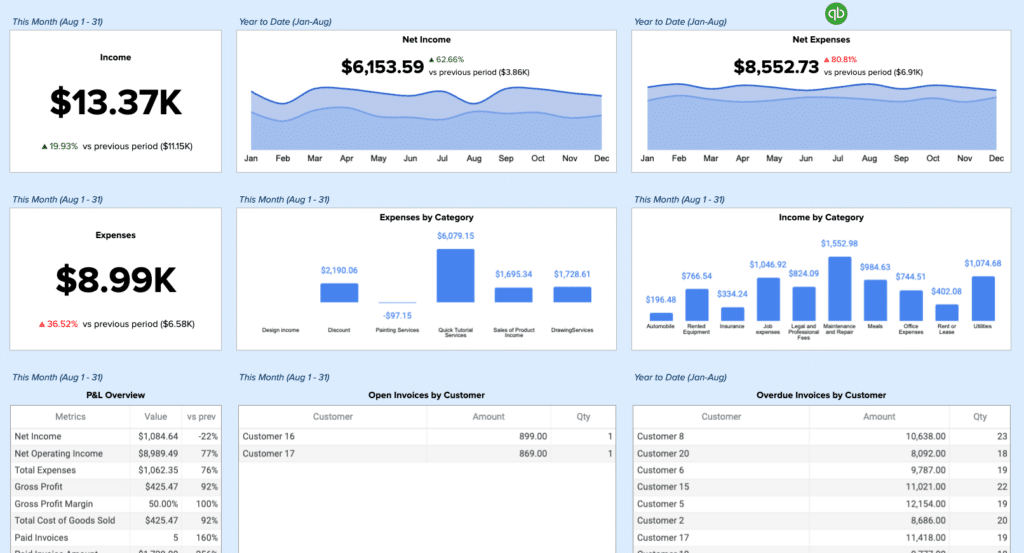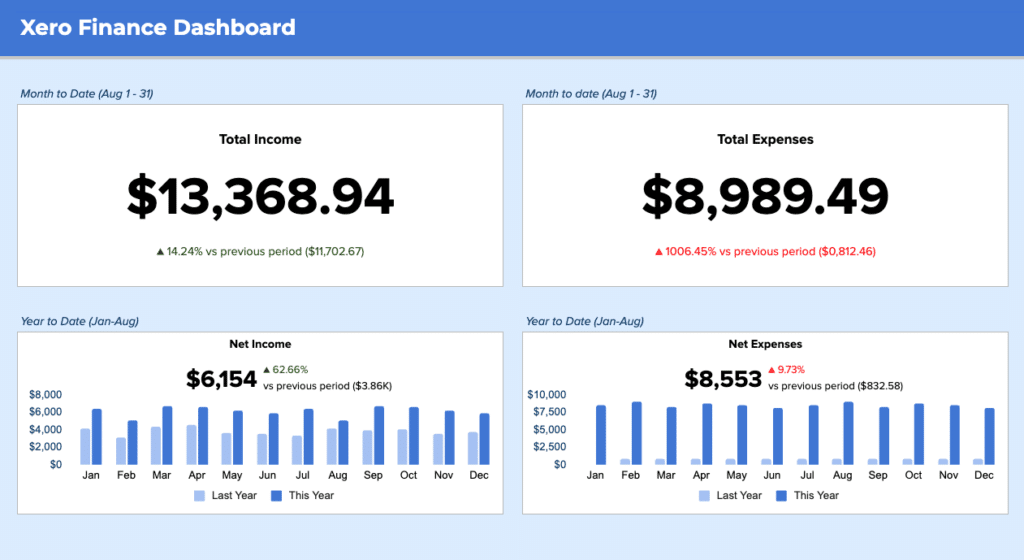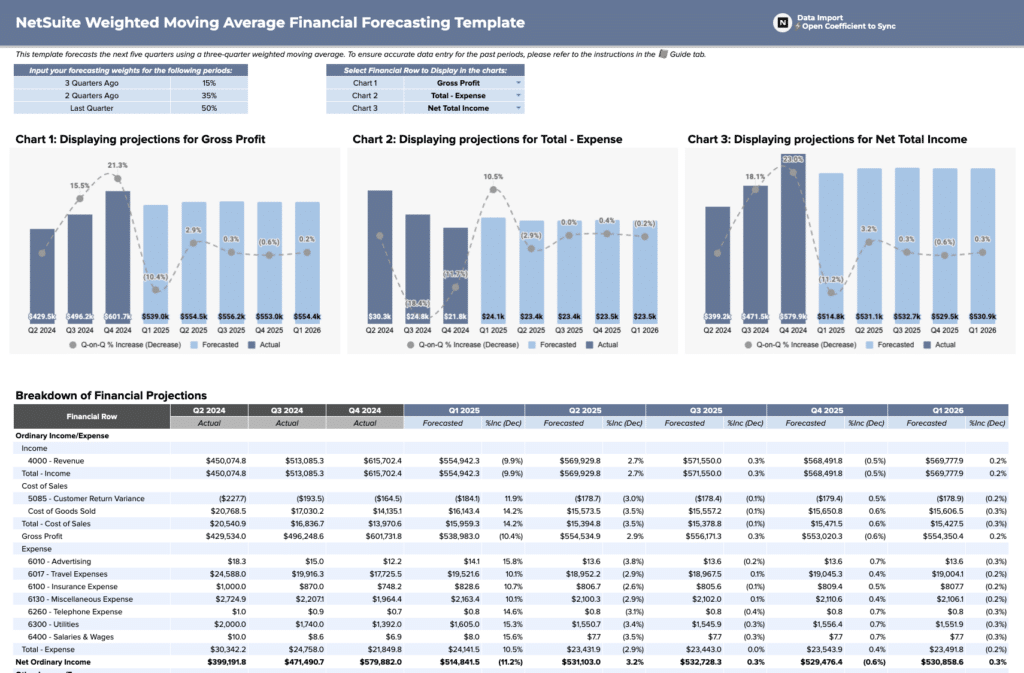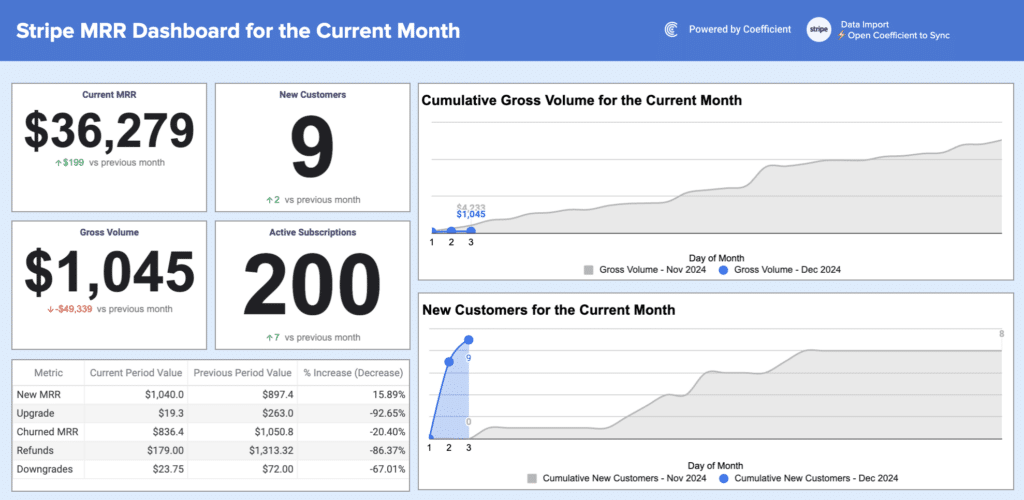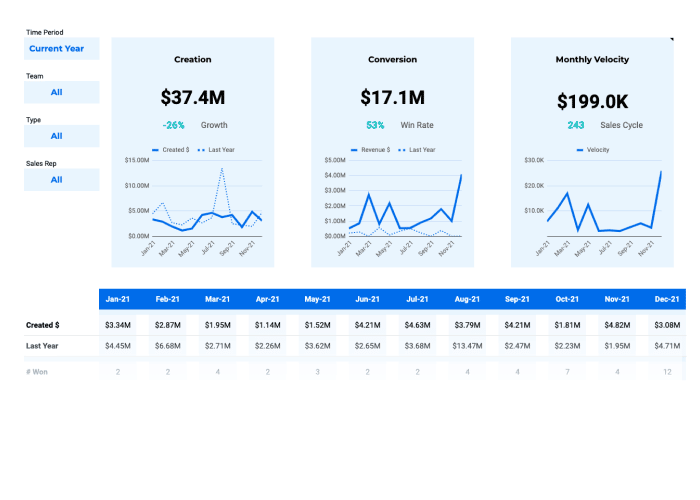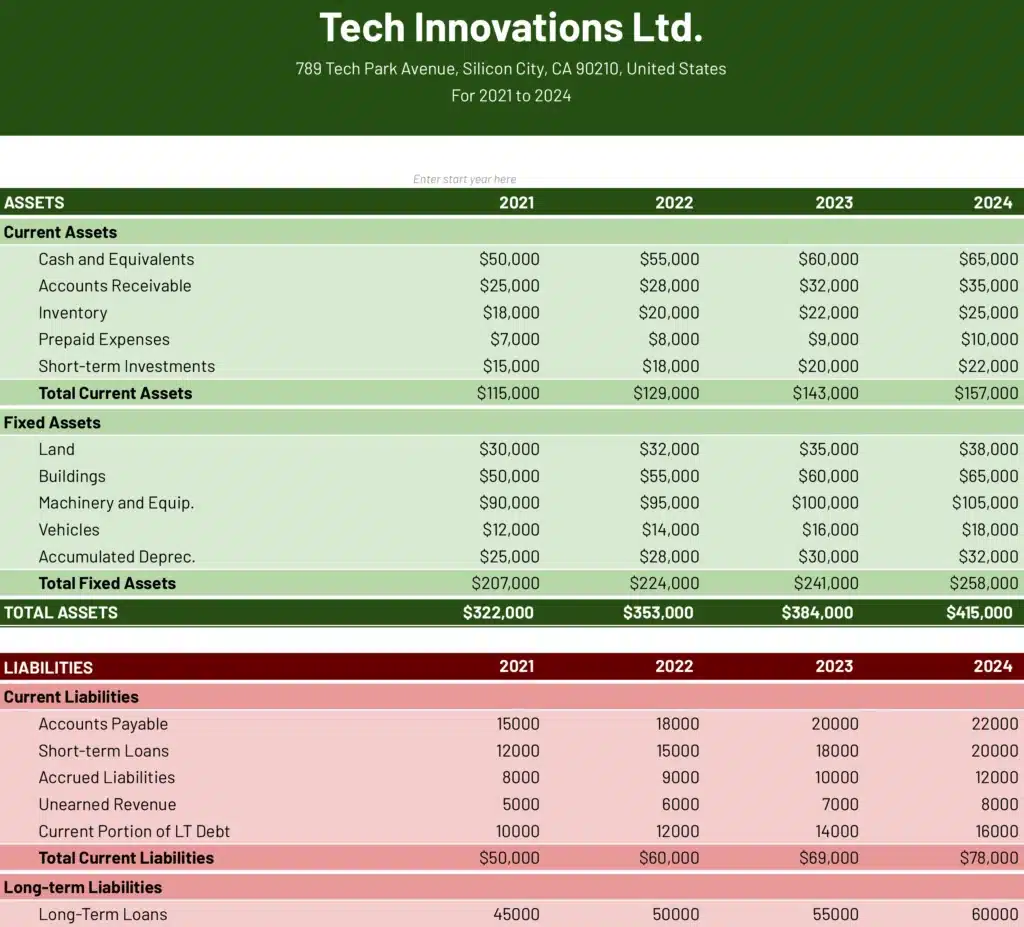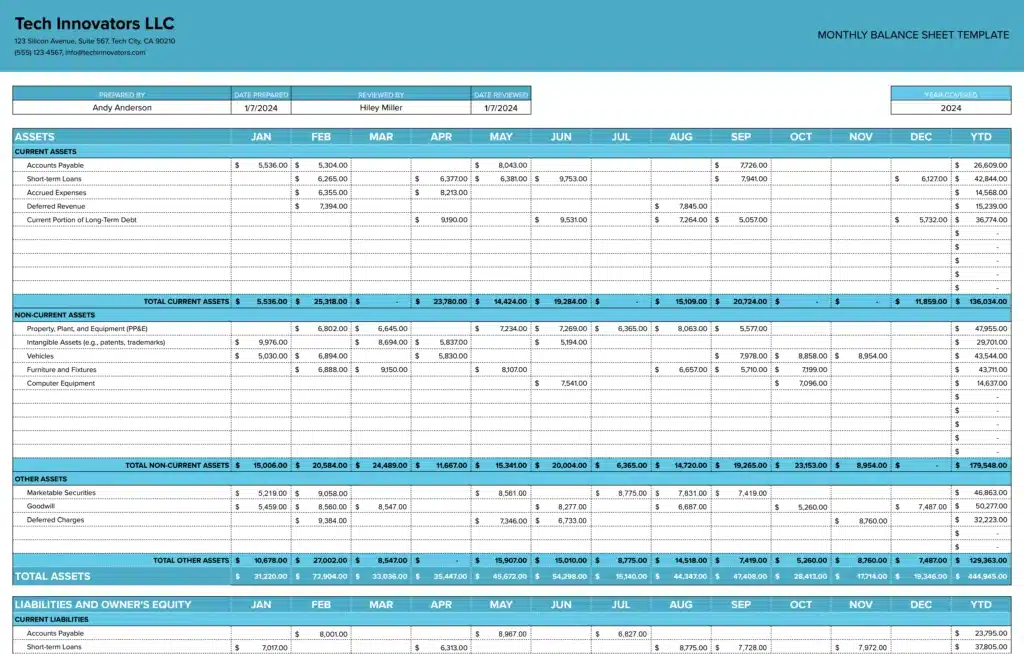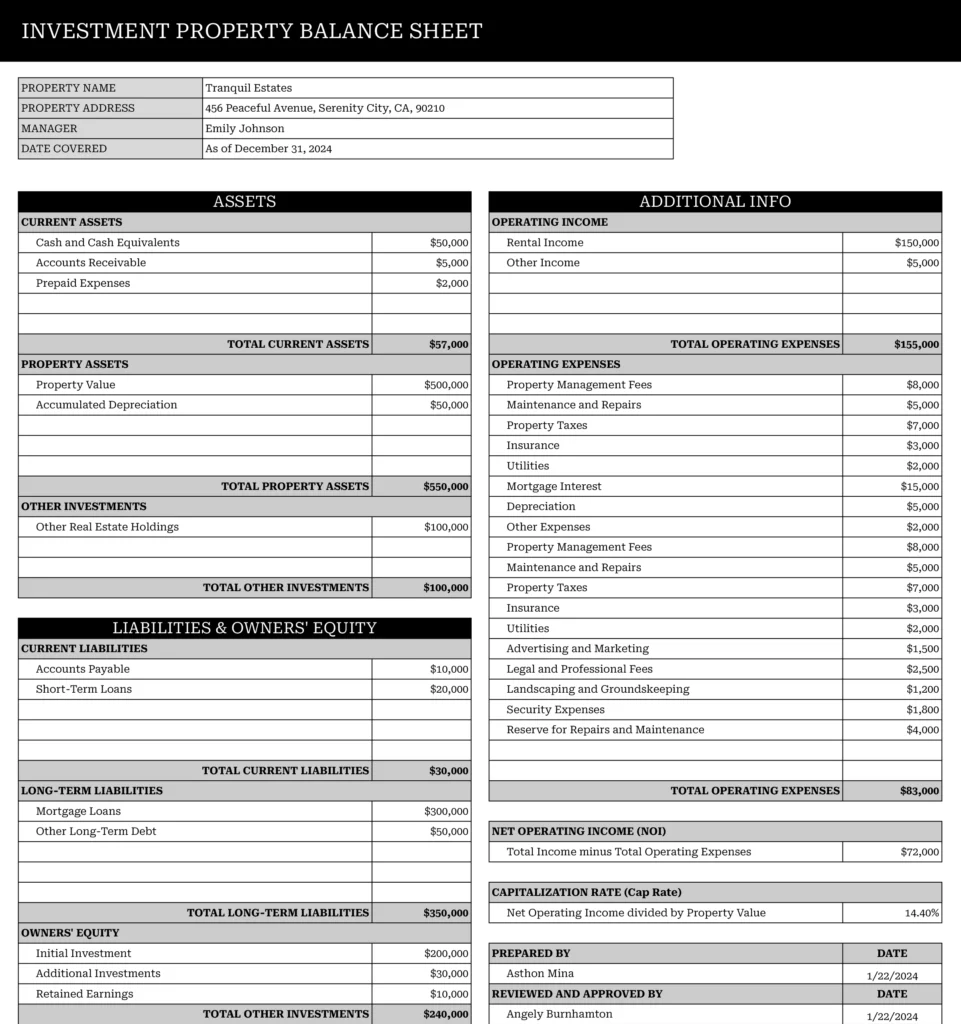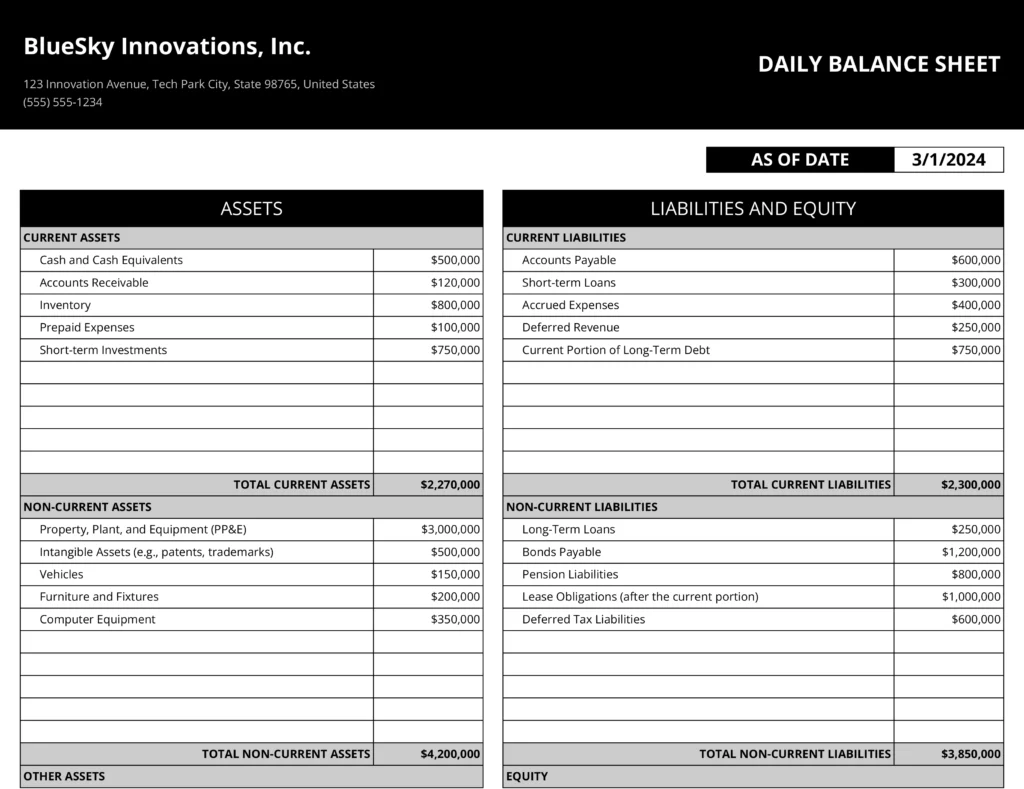The Ultimate Guide to Weekly Balance Sheet Template: Streamline Your Financial Management
Managing finances is a critical aspect of running a successful business, especially for small business owners. Keeping track of financial health on a weekly basis can be a daunting task, but with the right tools, it becomes manageable and efficient. In this guide, we’ll explore the benefits and methods of using a weekly balance sheet template, particularly in Excel, to streamline your financial management process.
Understanding Weekly Balance Sheets
Balance sheets are a snapshot of a company’s financial standing at a given point in time. A weekly balance sheet, therefore, provides a more frequent and detailed overview, enabling businesses to closely monitor their financial health.
Utilizing a weekly balance sheet template not only saves time but also ensures accuracy and consistency in your financial reporting.
Creating Your Balance Sheet
How do you create a balance sheet template? The process is simplified with tools like Excel, Google Sheets, and Coefficient. Coefficient’s free excel and Google sheets template for Weekly balance sheets offers versatility allowing you to customize your balance sheet to your specific needs.
Just download it to use!
Optimizing Balance Sheet Schedules
Preparing a balance sheet schedule is key to understanding your financial position and planning accordingly.
How do you make a quick balance sheet? How do you optimize it?
- Start with Historical Data: Analyze past income statements to establish a baseline.
- Project Future Revenues: Estimate expected sales based on market analysis and growth strategies.
- Estimate Future Expenses: Consider both fixed and variable costs, adjusting for anticipated changes.
- Incorporate Market Trends: Factor in economic and industry-specific trends that might impact financial performance.
- Predictive Analysis: Combine these elements to forecast the company’s financial performance, providing a comprehensive view of future income.
Additional Insights and Tips
- Financial Forecasting: Essential for predicting future profitability and cash flow.
- Budget Management: Helps in allocating resources and managing operational costs effectively.
- Growth Planning: Assists in strategizing for expansions or scaling operations.
- Investment Decisions: Informs stakeholders and investors about potential returns and risks.
- Market Strategy Development: Guides in adapting to market changes and capitalizing on opportunities.
Conclusion
A well-organized weekly balance sheet is an invaluable tool for managing your business’s financial health. By leveraging the right template, you can streamline your financial management process, making it more efficient and accurate. We encourage you to explore the benefits of a weekly balance sheet template and integrate it into your business practices today.
